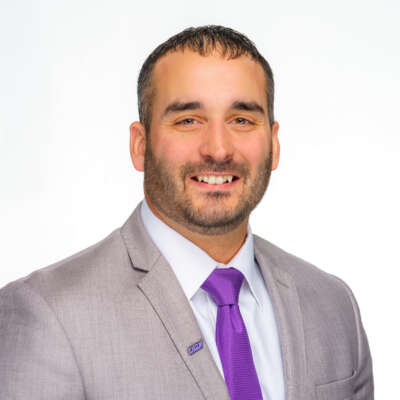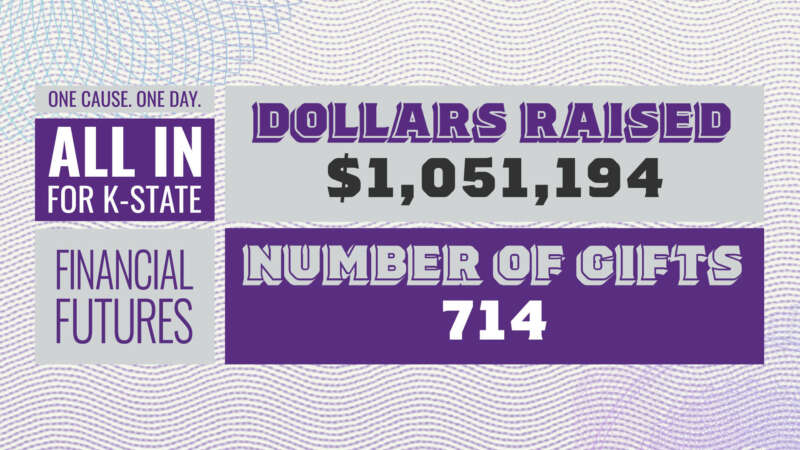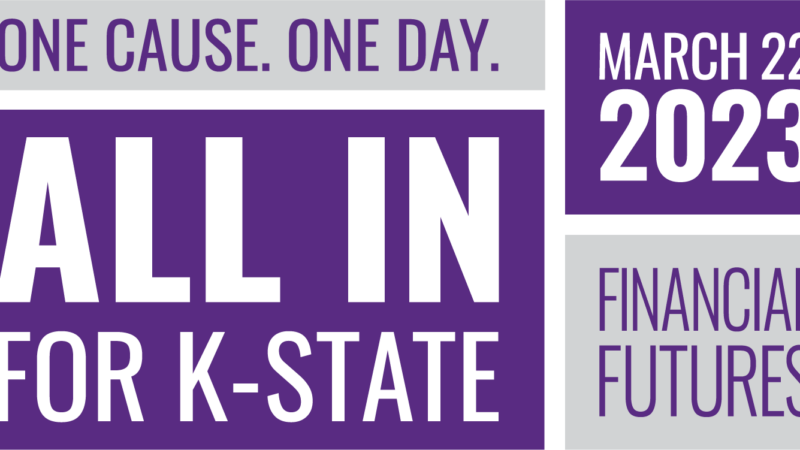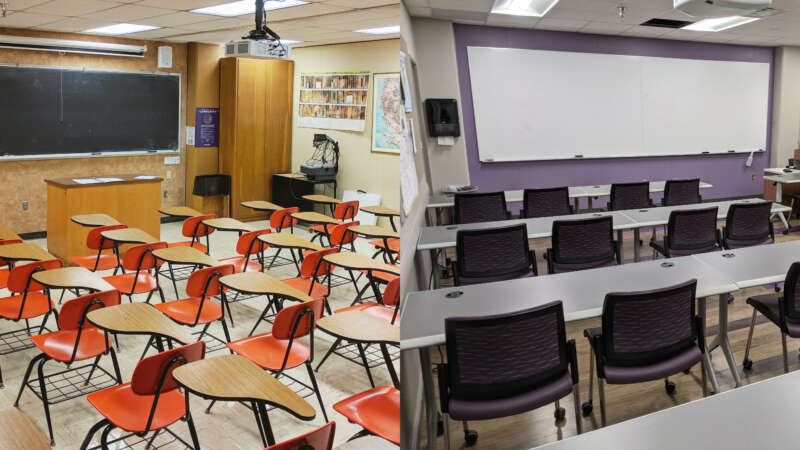Professor uses the shortfall he felt as a student and turns it into a way to save the next generation
Bringing costs down for students is a high priority for most faculty these days. For Brian Lindshield, professor in food, nutrition, dietetics, and health at Kansas State University, he found the best way to help students lower costs is for the faculty to lighten the load of textbooks.
“When I was a student, I felt very ripped off by the textbook industry by the basis that I did not have a choice in what I was buying or being forced to buy textbooks where I felt like I was not learning the material. The value we were supposed to get back from that textbook was not there,” said Lindshield.
Once Lindshield became an instructor, he started looking for ways to teach his students better, something that was other than a textbook. This is what pushed him to begin the Open/Alternative Textbooks Initiative, otherwise known as Textbooks 2.0. This grant program provides funding to Kansas State University faculty and instructors to develop affordable alternatives to traditional textbooks. The program encourages the implementation of the cost-saving texts for students, while also improving the quality of the learning process.
One of the features Lindshield loves about his switch to an online textbook is that he is always able to go in and adapt it. “It is a living resource and always continues to improve. To me, this is next-generation learning resources; this is where we should be,” Lindshield said. “Textbooks are great, but I think we can do better in a lot of places. After you get beyond the large lift of creating a Textbook 2.0, I think professors will see that the payoff is much greater in a lot of aspects of teaching.”
The amount of positive feedback has been tremendous from students and faculty on ways this program has improved students’ lives in and out of the classroom. “This program has continued to grow and improve. It cannot be overstated enough how much it means to not have to buy a book. To have first-day access and not have the impediment of students not knowing where or how to get the resource, or even if they could afford it. This program is having the resource with no restrictions,” said Lindshield.
“In 2019, K-State Student Governing Association did a survey of students and found that 72% did not purchase or rent a required textbook in the spring semester. Greater than 20% did not purchase or rent three or more required textbooks in the spring semester,” Lindshield said. “To put this in a national context, there is a national survey of college students where they indicated that to save money on textbooks, 43% reported skipping a meal, 31% registered in fewer courses, 30% forwent a chance to go home and see family. This is unacceptable and we can fix it.”
This program lifts student up to be able to learn on an even playing field with others in their class. “The student success problem is that all faculty have the expectation that students have the textbook day one and not all the students do. It leads to an issue where students are at a disadvantage. By us implementing this program, we know they have that day-one access and materials. The gap is gone,” said Lindshield.
Lindshield knows people who support K-State financially want to make a difference. “As a donor, you want to see that your gift has an impact. With this program it is easy to see impact and very quickly. You can measure that on how much students are saving, increase in student success, lower withdrawal rates, and knowing students have access to what they need to learn,” said Lindshield.







